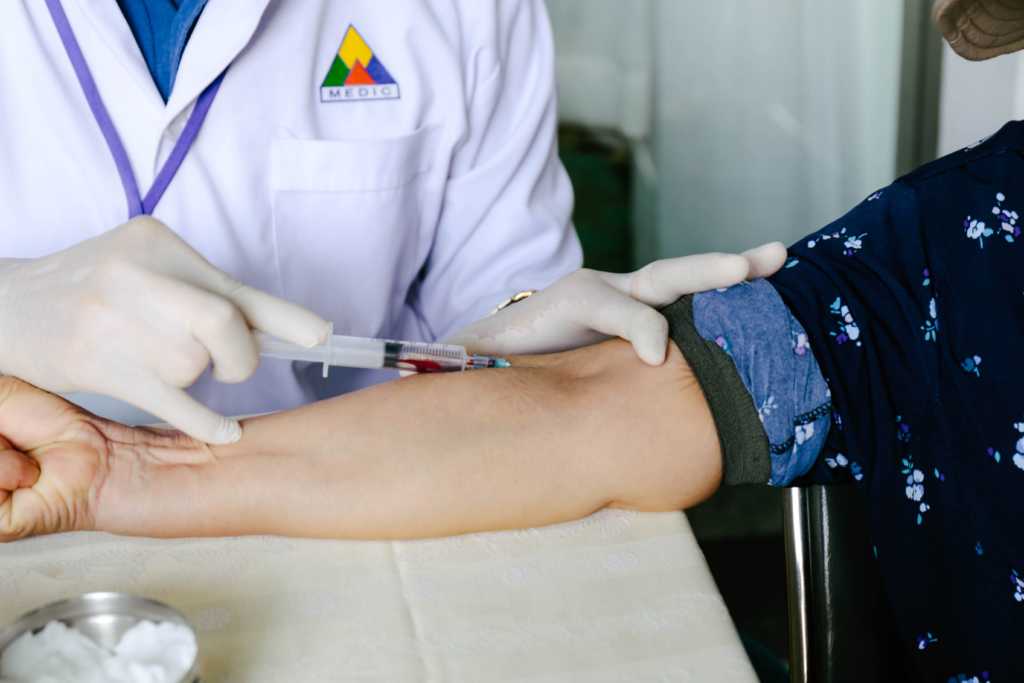A physician from the Netherlands is facing criminal prosecution after assisting in the euthanasia of a patient who suffered from dementia.
Prosecutors in the case insist that the doctor did not adequately verify consent from the 74-year-old patient, who was suffering from Alzheimer’s — it is the first case to go to court since the country legalized assisted dying in 2002.
Horrifying details of the 2016 incident continue to emerge, with the woman’s family saying that the doctor insisted that she be held down as he administered the lethal drug, despite the patient showing clear and sustained resistance.
According to the BBC, while the woman had written a statement in 2012 declaring that she wanted to die, she also made it clear that she wished to decide the timing of when exactly this would happen. “I want to be able to decide (when to die) while still in my senses and when I think the time is right,” the woman qualified.
However, despite these personal reservations, the doctor in question decided to act on the woman’s original request and carried out the killing. Prosecutors insist that the patient was putting across “mixed signals” regarding her desire to die, and thus the now-retired doctor did “not act carefully enough.”
Sordid killing
After the doctor’s intentions were confirmed by two other independent physicians, the plan to execute the woman was put in place. First, a sedative was placed in her coffee to ensure she would not resist. While this caused her to lose consciousness, the doctor was shocked to see her wake up a short time later, just as he was preparing the lethal injection. With the woman in a state of distress and resisting the physician, he instructed the patient’s husband and daughter to hold her down while the life-ending drug was administered.
“A crucial question to this case is how long a doctor should continue consulting a patient with dementia if the patient in an earlier stage already requested euthanasia,” prosecution service spokeswoman Sanna van der Harg said of the case.
The spokeswoman added that a “more intensive discussion with the demented patient” should have occurred before she was euthanized.
Interestingly, the woman’s daughter supported the doctor’s actions, thanking them for ending her mother’s suffering. “The doctor freed my mother from the mental prison which she ended up in,” she said.
Holland has some of the most liberal euthanasia laws in the world, with doctors being granted immunity from prosecution if they euthanize patients whose suffering is determined to be “unbearable with no prospect of improvement.”
This has, however, raised a number of controversial cases involving mental illness.
Last January, a 29-year-old woman, Aurelia Brouwers was euthanized after suffering years of psychosis and major depression.
“Every second is torture,” Brouwers said of her illness before she died. “I’m so trapped in my head, those demons are not going away, I’ve been so devoured by my psychiatric illnesses that I’m completely broken, and I fought against that.” In the wake of her death, many argued that Brouwers was not in a suitable state of mind to make such a permanent decision.
The Netherlands permits children as young as 12 to be assisted in suicide as long as they obtain parental consent.
A verdict on the dementia case is expected around September 9.



